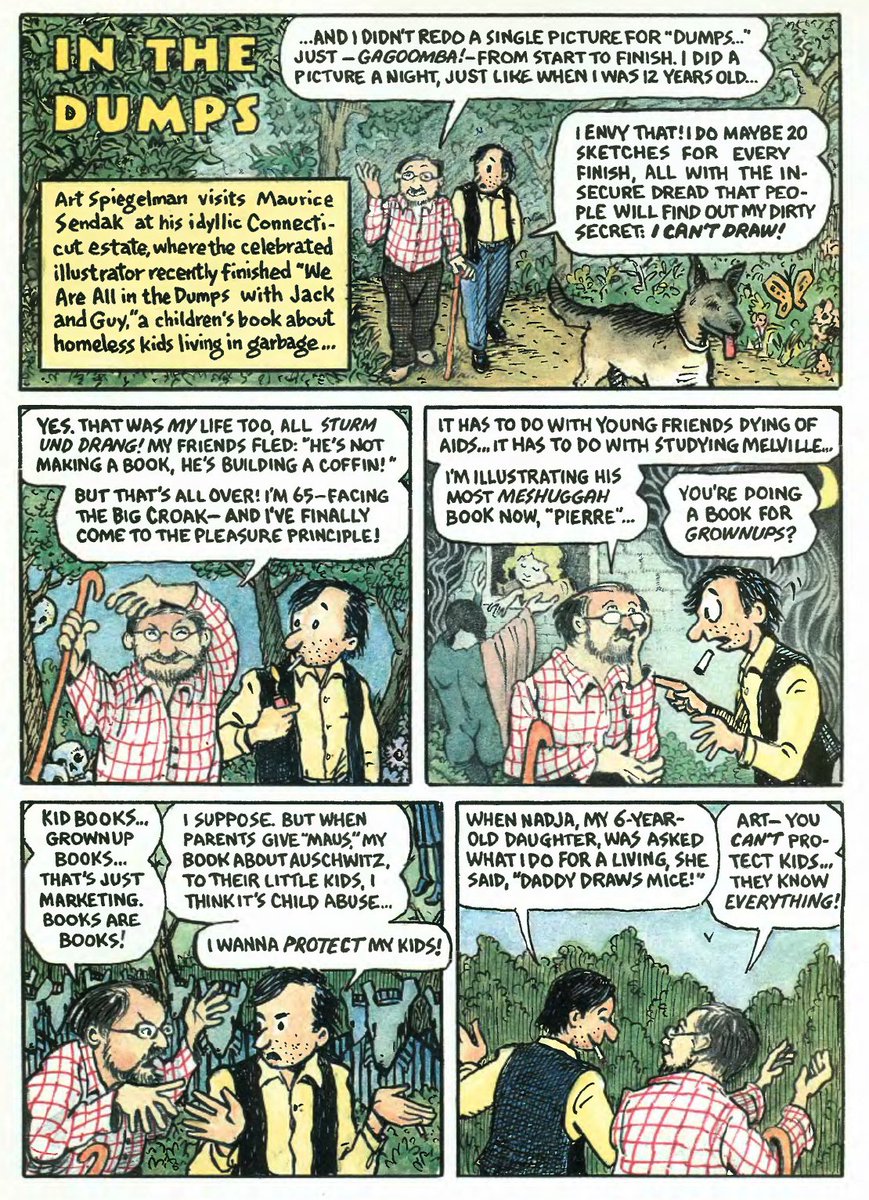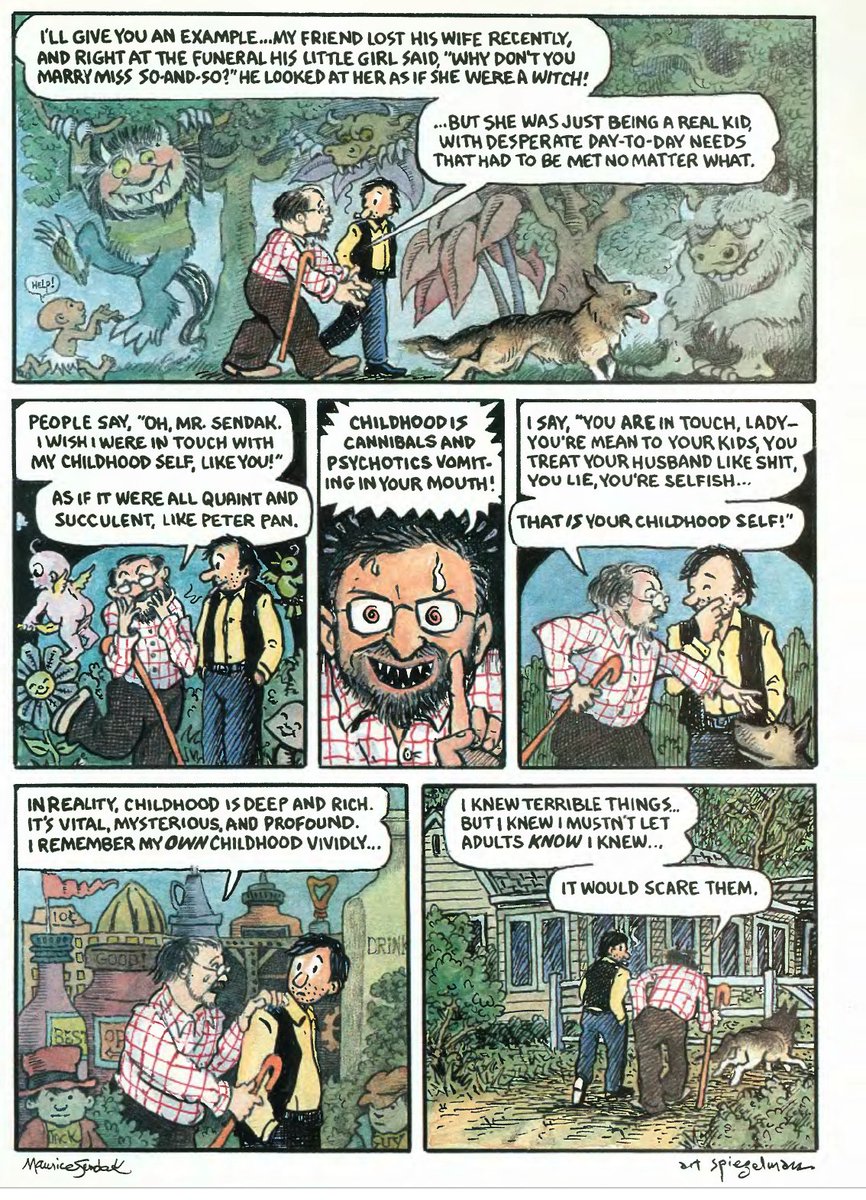THREAD. An Easter data point: Last night, I attended a virtual session meeting for the Presbyterian church I'm a member of ("Session" is the lay group that makes a lot of church decisions, including, at the moment, whether to hold worship services in person).
We'd already cancelled in-person services through the end of March at a meeting 10 days ago. That meeting was held in a large room and chairs were spaced 10 feet apart (how quaint that seems now). Last night's Zoom meeting was to review and to possibly extend the cancellation.
We cancelled in-person worship through April in about two minutes with no controversy or debate. If you don't know Presbyterians, allow me explain: This is...not usual. No decision is so straightforward that it can't be debated endlessly before being sent back to a subcommittee.
This not a conservative evangelical megachurch by any means, but it is pretty big and definitely old in every sense of the word. The church was founded along with Minnesota, and the average age of membership is probably over 60. The session might be even older.
No one was remotely interested in harnessing an Easter service to an insanely premature ending of social distancing. No one floated a vulgar equivalence between the opening of the tomb and the re-opening of the economy.
No grandparent stepped forward to #DieForTheDow.
No grandparent stepped forward to #DieForTheDow.
I'm sure many American churches are having similar meetings, and I am sincerely curious about how they're going. I know my congregation is not representative of the large part of American Christianity that endlessly enables Trump, but the meeting gave me some cause for hope. END.
• • •
Missing some Tweet in this thread? You can try to
force a refresh






